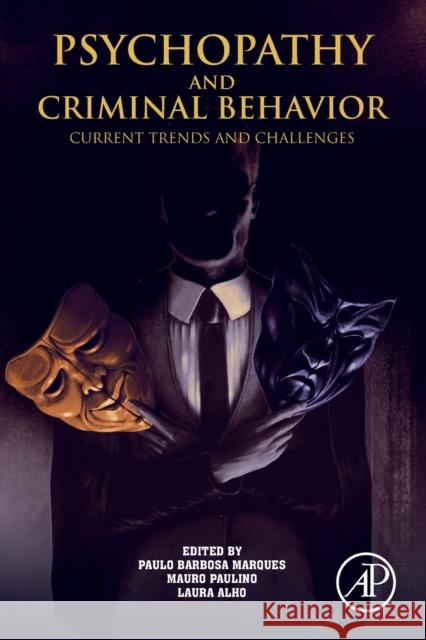Psychopathy and Criminal Behavior: Current Trends and Challenges » książka
topmenu
Psychopathy and Criminal Behavior: Current Trends and Challenges
ISBN-13: 9780128114193 / Angielski / Miękka / 2021 / 250 str.
Kategorie:
Kategorie BISAC:
Wydawca:
Academic Press
Język:
Angielski
ISBN-13:
9780128114193
Rok wydania:
2021
Ilość stron:
250
Waga:
0.71 kg
Wymiary:
22.86 x 15.24 x 2.77
Oprawa:
Miękka
Wolumenów:
01











